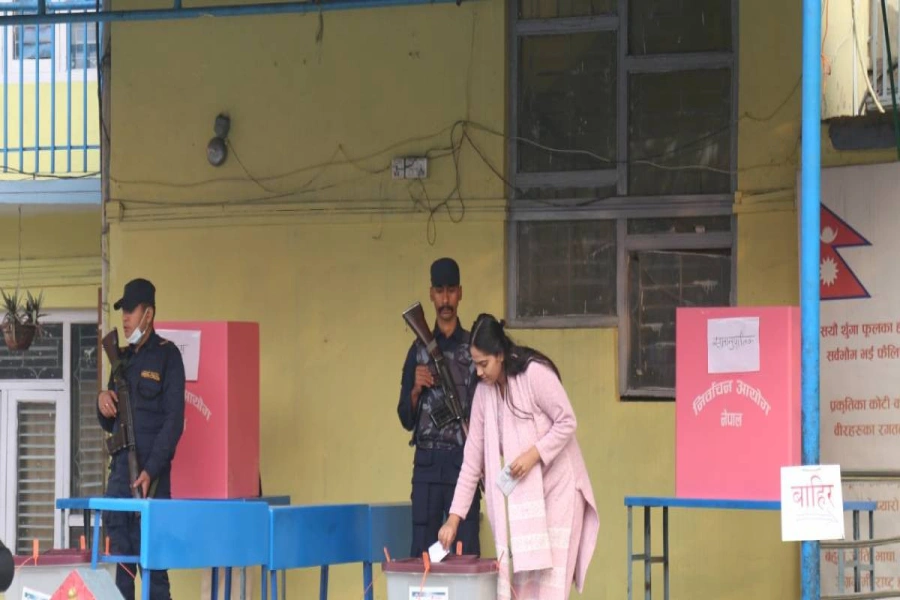The World Bank predicts worst-ever recession in South Asia
KATHMANDU, Oct 7: Nepal’s growth is expected to slump to 0.6 percent in the current fiscal year 2020/21 as the COVID-19 crisis derails the growth momentum and exacerbates structural vulnerabilities, according to a new projection of the World Bank.
Releasing its South Asia Economic Focus on Wednesday, the World Bank Group said that Nepal’s economy is projected to grow only by 0.6 percent in the current fiscal year, down by 5.9 percentage points from its earlier forecast made in October last year.
WB estimates Nepal's GDP growth rate to shrink to 1.9 percent i...

In Nepal, GDP is projected to expand by only 0.6 percent in fiscal year 2020/21, from an estimated 0.2 percent in fiscal year 2019/20, as periodic and localized lockdowns continue, and disruptions to tourism are expected to persist well into fiscal year 2020/21, according to the report.
With growth expected to contract by 7.7 percent in 2020, the World Bank also predicts that South Asia is set to plunge into its worst-ever recession as the devastating impacts of COVID-19 on the region’s economies linger on.
In its twice-a-year-regional update, the World Bank said that the recession in the South Asia region is different as private consumption will decline by more than 10 percent further spiking poverty rates compared to previous recessions when falling investment and exports led to the downturn.
The growth projection for Nepal is way lower than the 7 percent of economic growth target that the government had set for the current fiscal year through the budget.
“COVID-19 will profoundly transform Nepal and the rest of South Asia for years to come and leave lasting scars in its economies. But there is a silver lining toward resilient recovery: the pandemic could spur innovations that improve South Asia’s future participation in global value chains, as its comparative advantage in tech services and niche tourism will likely be in higher demand as the global economy becomes more digital,”said Hans Timmer, World Bank Chief Economist for the South Asia Region.
The report warns that informal workers and firms have little room to cope with the unexpected shocks of the magnitude of COVID19. While poor people have faced rising food prices and suffered severely, the COVID-19 crisis has dealt a further blow to many informal workers in the middle of the income distribution who experienced sharp drops in their earnings, according to the report.



































